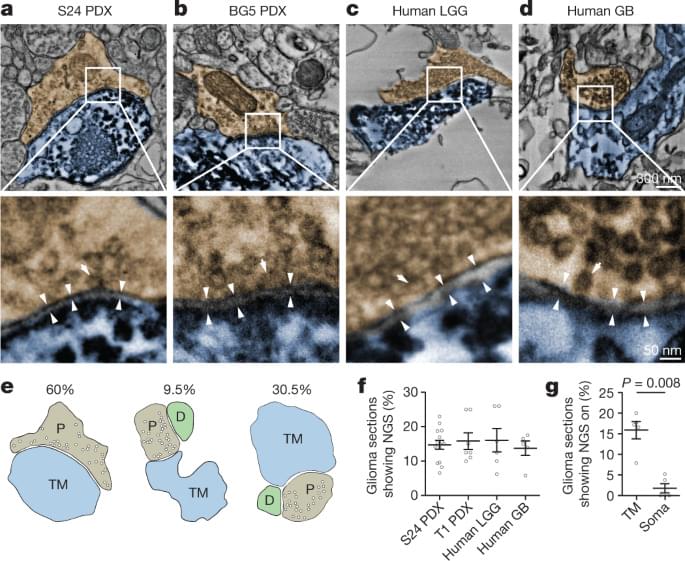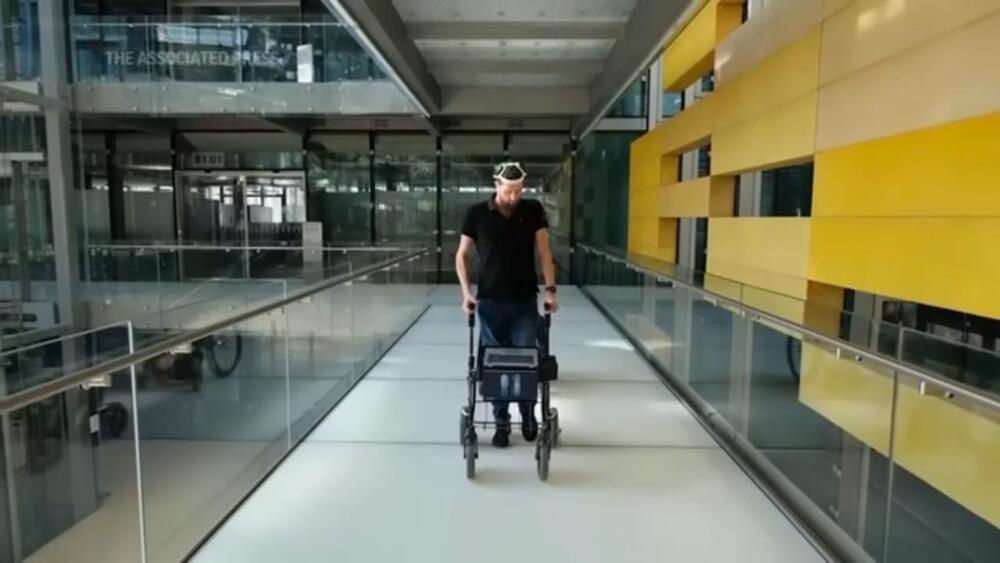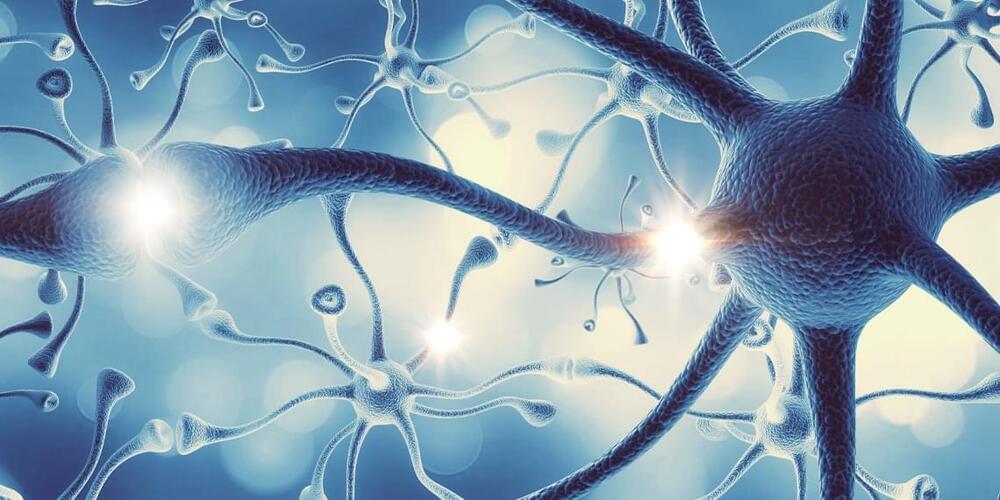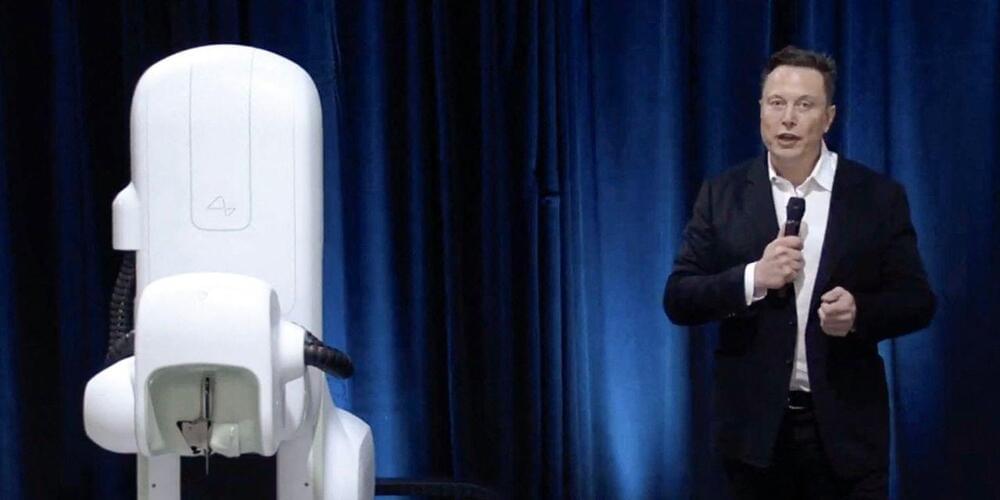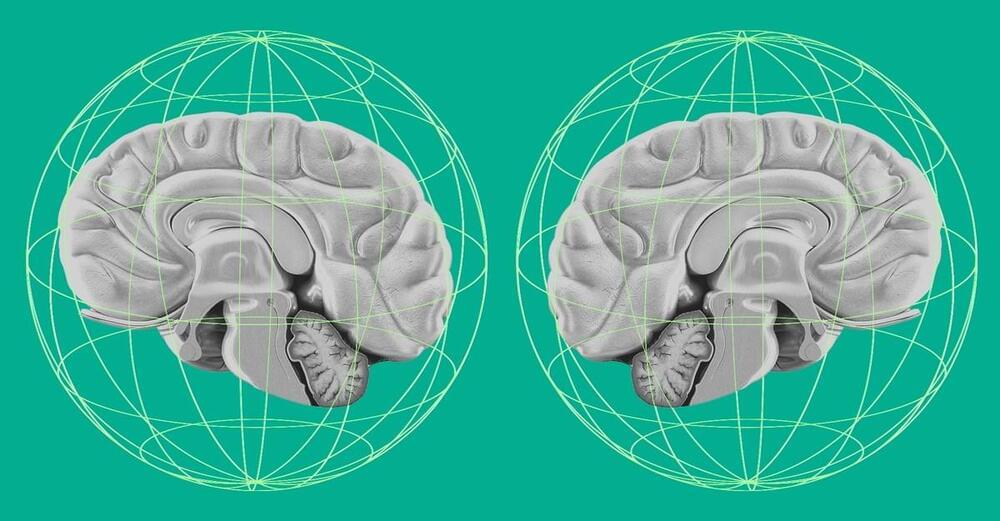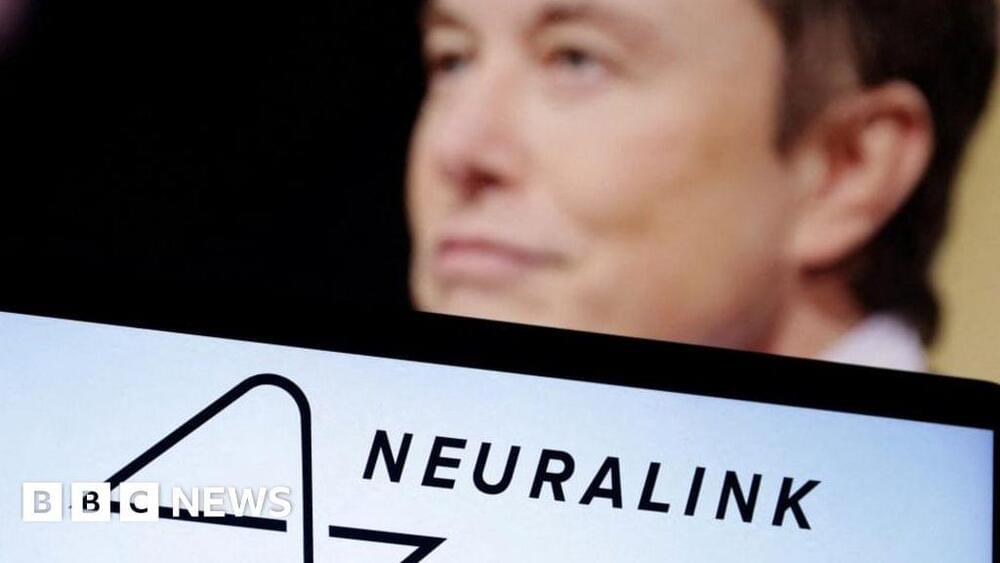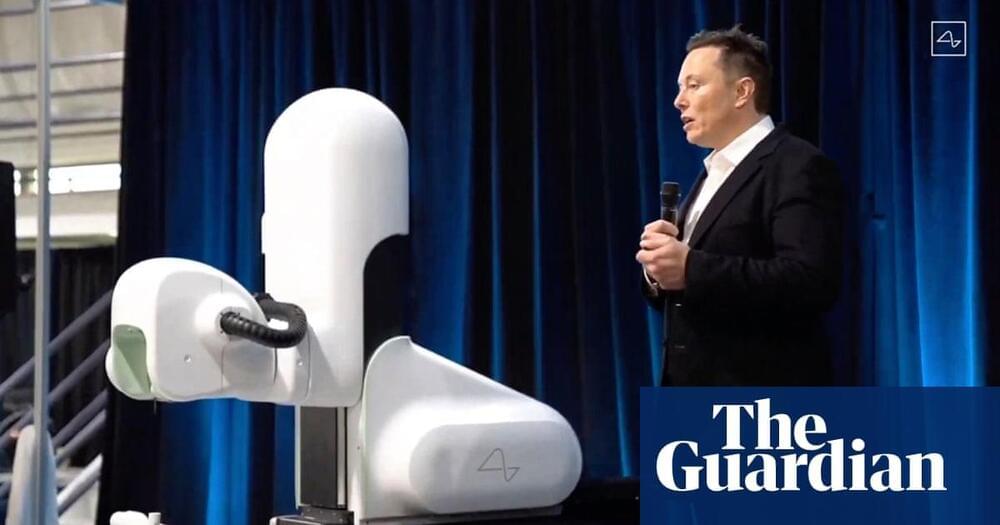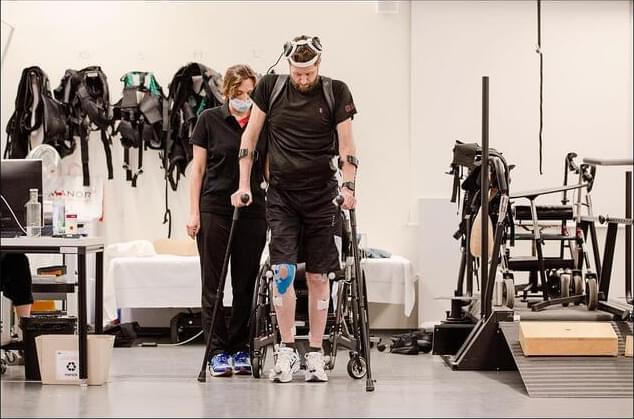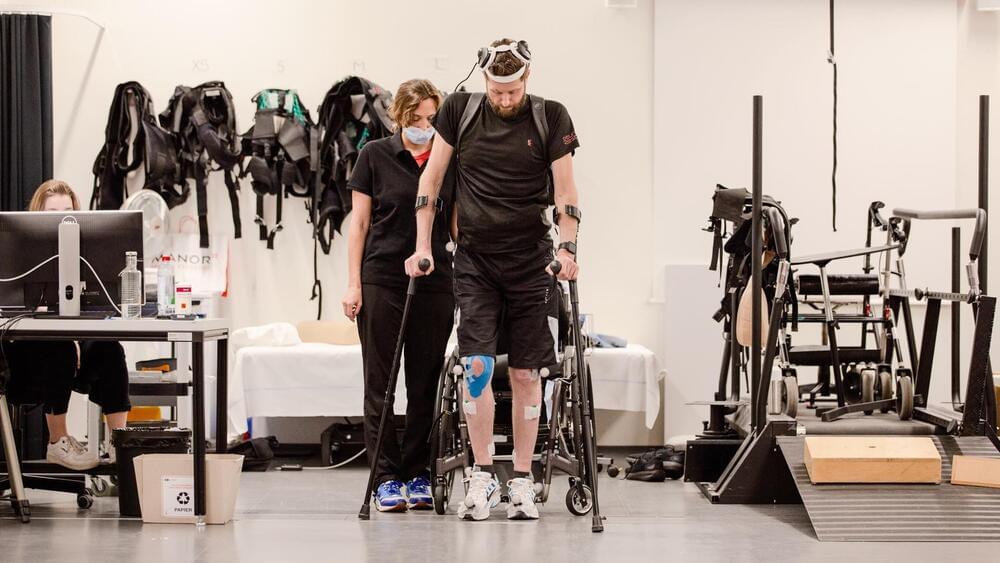May 30, 2023
Glutamatergic synaptic input to glioma cells drives brain tumour progression
Posted by Logan Thrasher Collins in categories: biotech/medical, neuroscience
Deeply fascinating paper wherein Venkataramani et al. describe how synaptic inputs from neurons onto glioma tumor cells induce electrical activity in the tumors and stimulate their growth and invasiveness. This knowledge could lead to new treatments involving inhibition of the synapses onto gliomas which might provide hope for fighting an otherwise largely incurable form of cancer. #neurobiology #oncology #cancer #medicine
Neurons form glutamatergic synapses with glioma cells in mice and humans, and inhibition of AMPA receptors reduces glioma cell invasion and growth.
